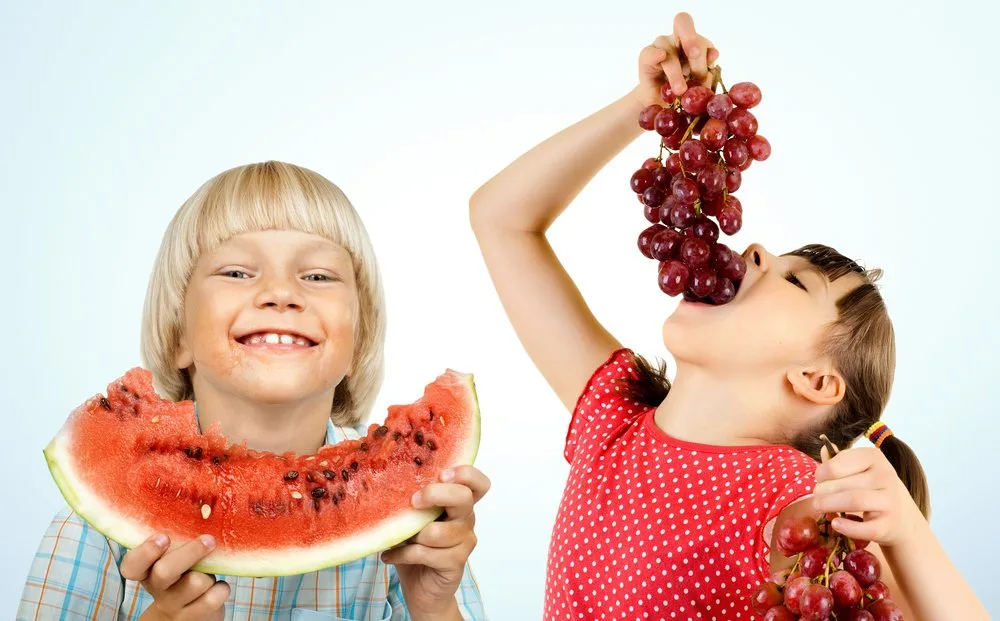Parents understand that a child’s diet plays a pivotal role in their growth and development. However, they may not know that organic food could help give their children a cognitive advantage. In fact, not only is adopting an organic diet beneficial for the planet that your children are going to inherit, but doing so could be exactly why they need to enhance their brain health.
Organic Food is Brain Food
Various studies have revealed that organic food is the best source of nutrients and vitamins. That said, a recent study has indicated that organic food is the key to cognitive development in your children.
The study
The study, published in Environmental Pollution, was completed by the Barcelona Institute for Global Health and the Pere Virgili Health Research Institute. For the study, the researchers used the data of 1 298 pairs of mothers and children, with offspring ranging in age from 6-11 years, hailing from the UK, France, Spain, Greece, Lithuania, and Norway.
The aim of the study was to look at how factors can influence the development and maturation of the human brain. So, the team then analyzed 87 environmental factors the children were exposed to in utero. These included air pollution, traffic, noise, and chemicals. They also looked at 122 external factors that they were exposed to during childhood.
The findings
The results of the study found a strong link between the consumption of organic food among school-age children and working memory and fluid intelligence – the ability to identify new information and use logic and problem-solving abilities to understand it.
“Organic diets are richer than fast food diets in nutrients necessary for the brain, such as fatty acids, vitamins and antioxidants, which together may enhance cognitive function in childhood,” wrote lead author of the study Dr. Jordi Júlvez
“We observed that several prenatal environmental pollutants (indoor air pollution and tobacco smoke) and lifestyle habits during childhood (diet, sleep, and family social capital) were associated with behavioral problems in children,” said Martine Vrijheid, a co-author of the study and head of ISGlobal’s Childhood and Environment program, in a statement.
That said, Dr. Júlvez does point out that societal inequalities can influence living situations, which in turn can affect diet,
“The number of people living together in a home is often an indicator of the family’s economic status, and that contexts of poverty favour less healthy lifestyles, which in turn may affect children’s cognitive test scores”.
It’s a brain twister
Funny enough, the study did also have some surprising results, which included a link between pregnant women’s green exposure and lower cognitive performance in their children.
Eating for your brain
We live in trying times. As such, it would be unfair not to acknowledge that not every family can afford organic food at every meal. Rather, we recommend that your child’s intake of fruits and vegetables be higher than their intake of processed foods. They don’t have to be organic, but at least be fresh.
Additionally, there are other ways that parents can improve cognitive function in their children. These include keeping them active, stimulating their reading habits, putting on music as well as encouraging them to ask a lot of questions.
Want to know more?
Not getting enough sleep can turn you into someone rather unpleasant to be around. The same goes for children. In fact, does sleep deprivation lead to anxiety in children, or does anxiety cause sleep deprivation?







![women [longevity live]](https://longevitylive.com/wp-content/uploads/2020/01/photo-of-women-walking-down-the-street-1116984-100x100.jpg)









